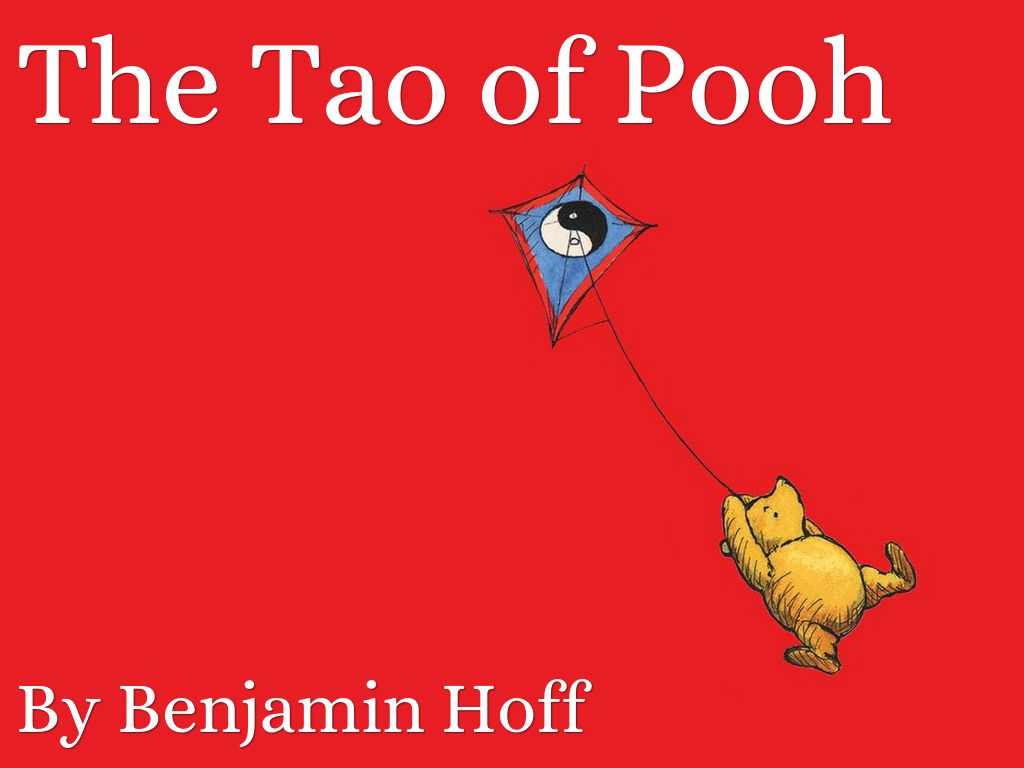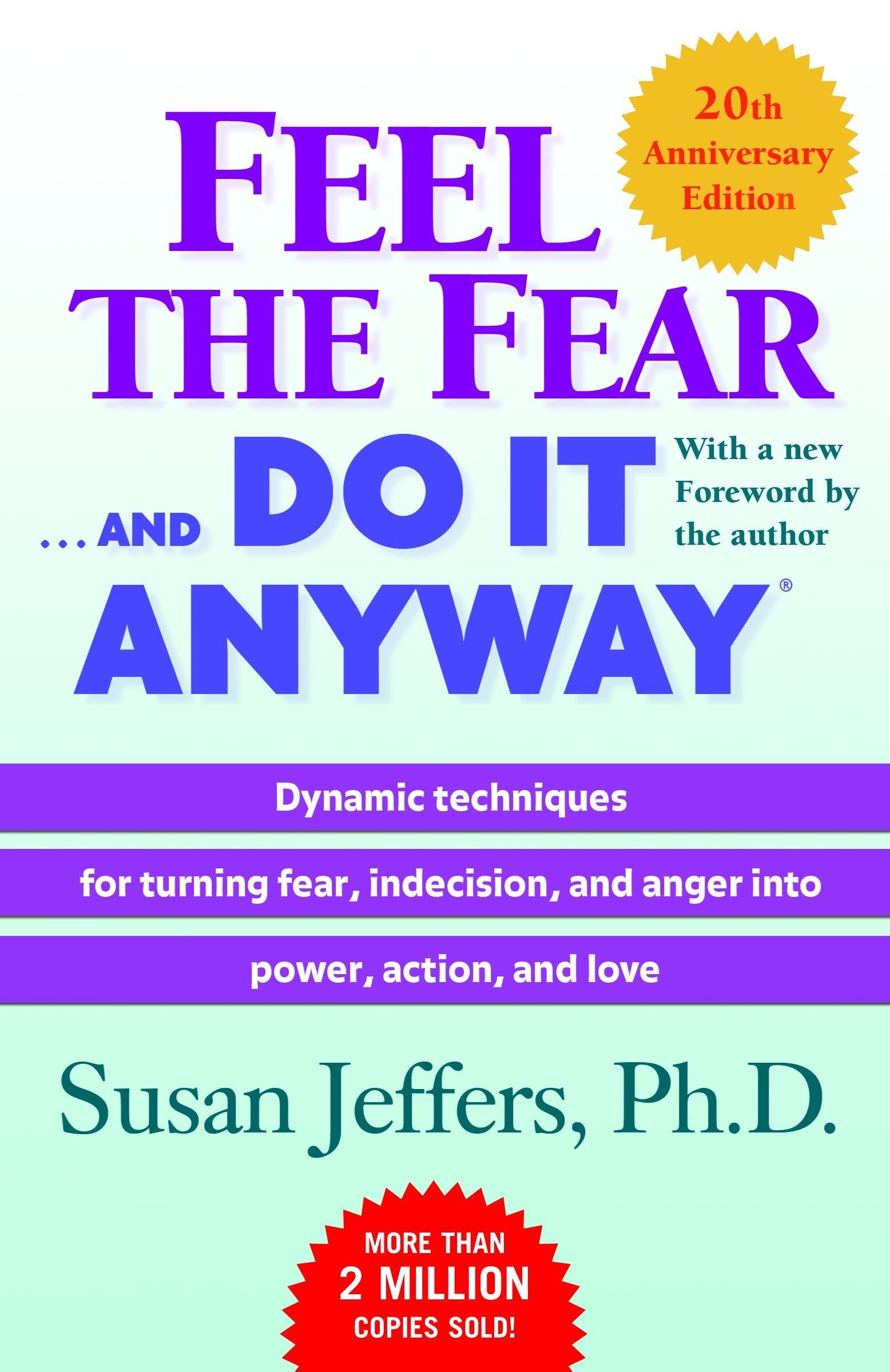Interested in learning lessons that could improve your worth outside of being just another “medical student”?
Reading self-help books can definitely help with that.
Not only can they give us insight into other ways of doing things, but they also help solve familiar problems like imposter syndrome, depression and self-doubt.
All common feelings most of us studying medicine feel at one time or another.
Of course, my recommendations here are far from stereotypical. Most come from time spent during my 10 journey before med school, where I was trying to figure a lot of things out.
Without these I don’t think I’d be nearly as dedicated a student as I am today…
Best Self-Help Books For Medical Students
The four books I think you can really benefit from include:
- Meditations by Marcus Aurelius
- The Tao of Pooh by Benjamin Hoff
- Feel The Fear And Do It Anyway by Susan Jeffers
- Can’t Hurt Me by David Goggins
I’ve also included some bonus ones at the end that I’ve taken a lot of lessons from…
1. Meditations – Marcus Aurelius
| Quick Facts: |
| Series of personal writings by Marcus Aurelius, Roman Emperor 161-180 CE. Considered one of the foundational texts of stoicism. |
Let me start by saying this is my favorite book of all time. So much so that I’ve read it five times (think Bill Clinton has me beat – apparently he reads it once a year).
It’s also the one I recommend most to people. Especially those stuck in a bind or anxious about things (i.e. a lot of med students!)
Don’t think this is a stuffy, intellectual read. The truth is it’s simple in tone and super quotable. You can dip into it as and when you like.
At its core, it teaches you to let go of things you can’t control and work hard at those you can. To aim toward virtue rather than superficial gain.
As students, I feel there are lots of things in this book we can all learn from.
Here are my two favorites:
- Our problems are created in our own minds. We can choose our response.
- Our lives are short. We must strive in our work, serve others and make a positive mark.
And my favorite quote:
“We all love ourselves more than other people, but care more about their opinion than our own.”
It’s time to jump into the stoics. This is the most hardcore of introductions.
2. The Tao of Pooh – Benjamin Hoff
| Quick Facts: |
| Intended as an introduction to the Eastern belief system of Taoism for Westerners. Allegorically employs the fictional characters of A. A. Milne’s Winnie-the-Pooh stories to explain the basic principles. |
Benjamin Hoff is a master at making Eastern spirituality accessible to Western minds. He’s like a modern-day Alan Watts. And you all know who Alan Watts is right?
If you don’t, check this out. It’ll blow your mind…
The Tao of Pooh riffs on this. It’s essentially Alan Watt’s greatest hits condensed into a cutesy parable featuring Winnie The Pooh, Eeyore, and Piglet.
Now that might not sound that awesome, but trust me, it is.
This book goes deep. But goes deep in a way that includes lots of beautiful illustrations and gives you a warm glow while reading.
But it’s in no way a children’s self-help book. As evidenced by this quote…
In order to take control of our lives and accomplish something of lasting value, sooner or later we need to learn to believe. We don’t need to shift out responsibilities onto the shoulders of some deified Spiritual Superman, or sit around and wait for Fate to come knocking at the door. We simply need to believe in the power that’s within us, and use it. When we do that, and stop imitating others and competing against them, things begin to work for us.
This is something I again feel med students can take away and grow from.
When we understand that we’re already enough and have already proved enough by getting this far, suddenly the whole thing becomes easier.
This book will undoubtedly inspire you to finish the journey.
3. Feel The Fear And Do It Anyway – Susan Jeffers Ph.D.
| Quick Facts: |
| An empowering book that helps you triumph over your fears and move forward with your life. Originally published in 1987. |
I read this book way back in 2014 when I was still living in Madrid and studying medicine was the furthest thing from my mind.
I’m glad I read it. Even if it is a self-help staple.
Designed to get you to come to terms with your anxiety or self-doubt and see it as an empowering thing, Feel The Fear is far from being new-agey or wishy-washy.
It looks at life from the average person’s perspective. And it takes a sympathetic stance towards common daily issues that almost all of us experience.
What I like about it most is its message about making mistakes…
“Closely tied to this is our panic over making mistakes. For some reason we feel we should be perfect, and forget that we learn through our mistakes. Our need to be perfect and our need to control the outcome of events work together to keep us petrified when we think about making a change or attempting a new challenge.”
This is something highly relevant to med school and the unhealthy competitive pressure that sometimes comes with it.
With this book, you can better make sense of all that. And thrive more as a result.
4. Can’t Hurt Me – David Goggins
| Quick Facts: |
| The astonishing life story of Navy SEAL and ultrarunner David Goggins. Reveals that most of us tap into only 40% of our capabilities and that we can do more if we learn to push past the pain and demolish our fear. |
I’ve thrown this one in last as I read it between my 2nd and 3rd years of med school.
This is quite different to the other books on this list as it is a more brutal kick-in-the-teeth reality check type of book.
You see, David Goggins is an unstoppable force. Someone who’s molded himself into an uber-achiever. Just by sheer force of mind alone.
Here’s his philosophy if you’re unfamiliar…
This book is his autobiography but is also written like a self-help manual with instructions for the reader at the beginning and end of every chapter. Amazingly powerful.
I enjoyed it tremendously.
It’s honesty and rawness? Not something you often get from books in this genre.
Additional Self-Help Books For Medical Students
Besides the choices above (that happen to be my own personal favorites scoring 5/5), here are other books I’ve read in this genre that I think are worth checking out:
You can check out my profile on Good Reads if you’re interested in what else I’ve read/been reading.
Note: there’s a lot. I majored in English before I went to med school!
Related Questions
How Can I Improve Myself As A Medical Student?
Besides reading books like these – which can definitely help expand our minds and open us up to fresh ideas – this question is very broad.
My personal view, four years into my six-year med school course, is that most med students could benefit from being more honest with themselves.
Often times we’re doing pretty well, despite thinking otherwise. The comparison game is what gets us.
But here are a few more things that could help:
- Ringfencing and guarding our time more carefully: to stop procrastination and use the time we do have to work more effectively. That way we can reward ourselves afterward, guilt-free.
- Keeping a journal: having a place to write down our goals and keep ourselves accountable can really help us better plan our days and keep us on task.
- Remaining open-minded: especially to new study methods, resources, etc. We have to be honest with ourselves when things aren’t working and look for proper solutions. Then test them fully.
But if that all sounds a little abstract and it’s actual study tips you’re after, I do have an article about that…
How To Study Medicine More Effectively (Why I Started A Daily MCQ Practice Group)
How Can I Put Into Practice The Lessons From These Books?
My opinion is that these books are best used as references rather than any hard-and-fast guide to living your life. Only put into practice the things that resonate with you directly. Don’t feel the need to overhaul things just for the sake of it.
Some people recommend things like making flashcard decks or taking comprehensive notes to capture important points. But I personally don’t think that’s necessary. It’s hard to find utility in those things with self-help or philosophical principles.
The best way to put these lessons into practice is to maybe discuss them with your colleagues. They’ll understand your schedule more and be better placed to make suggestions.
How Can I Find The Time To Read Non-Medical Related Books As A Medical Student?
Here are a couple of pointers:
- Have a dedicated non-medicine reading period at some point during the day (maybe half an hour in the morning or before bed)
- Read on holidays, downtime in the clinic or while traveling to and from places
- Remind yourself of the benefit of reading widely – often we don’t find time for it because we question its value
- Remember you’re more than your med school grades (the lessons you learn in other books may help better humanize you in the eyes of your patients)
Image Credit: @amandagraphc at Unsplash
Born and raised in the UK, Will went into medicine late (31) after a career in journalism. He’s into football (soccer), learned Spanish after 5 years in Spain, and has had his work published all over the web. Read more.







